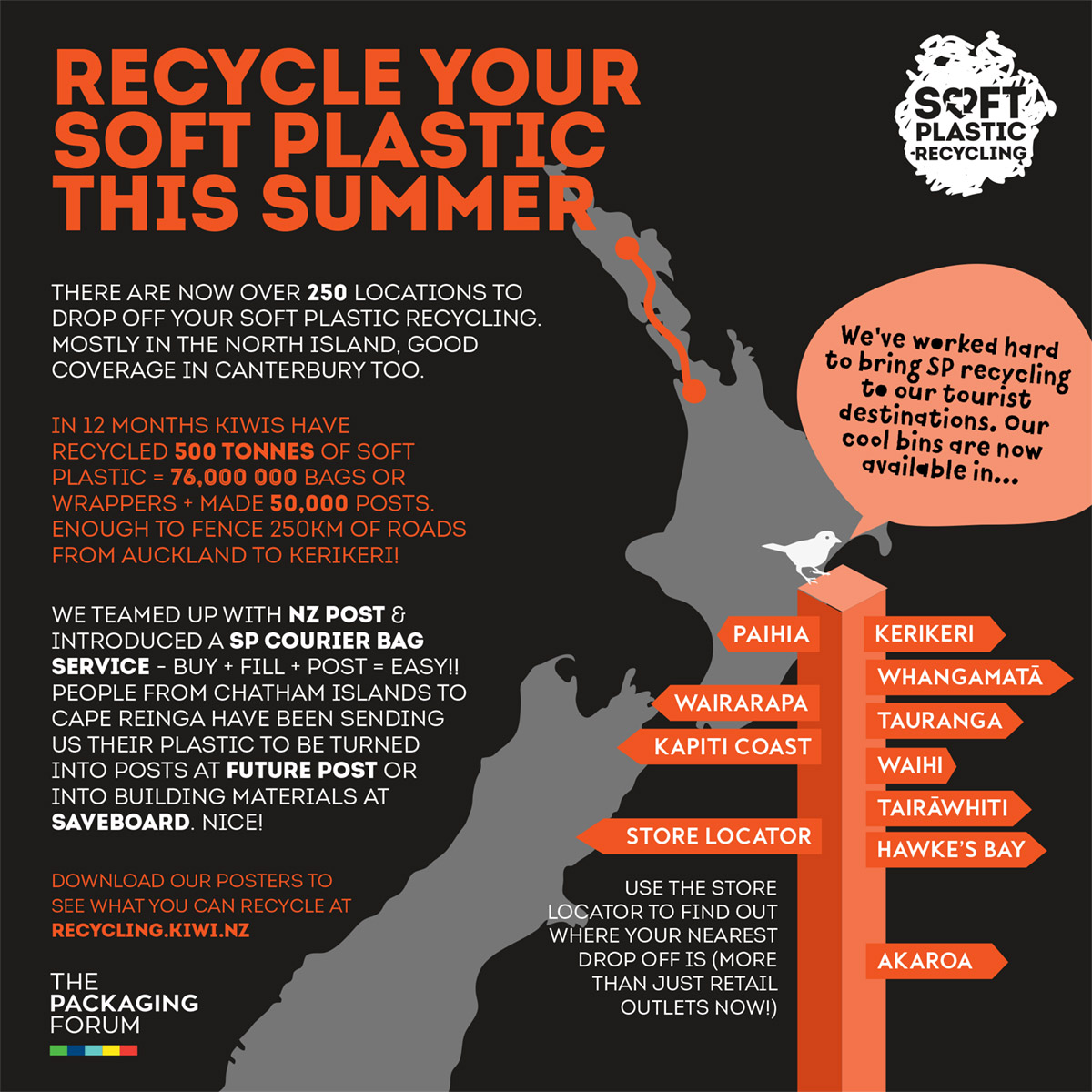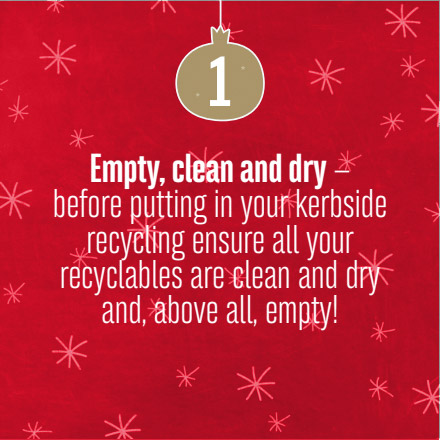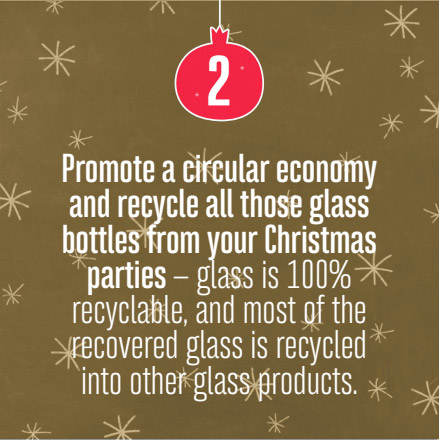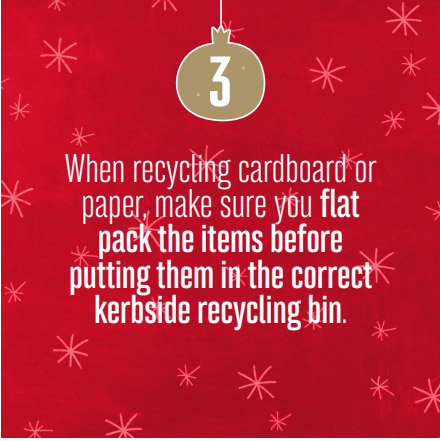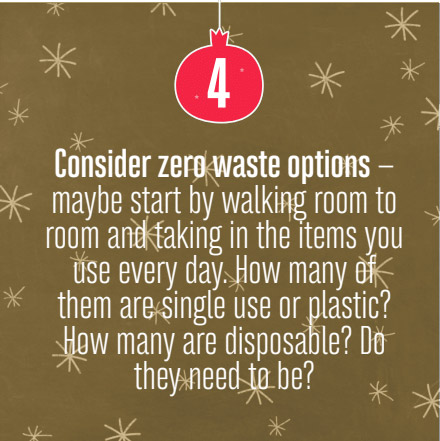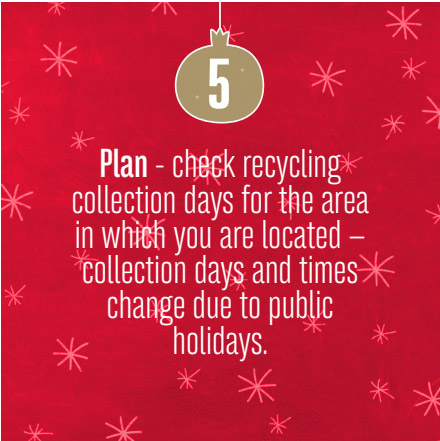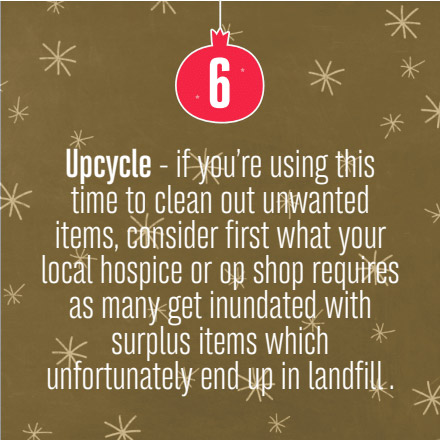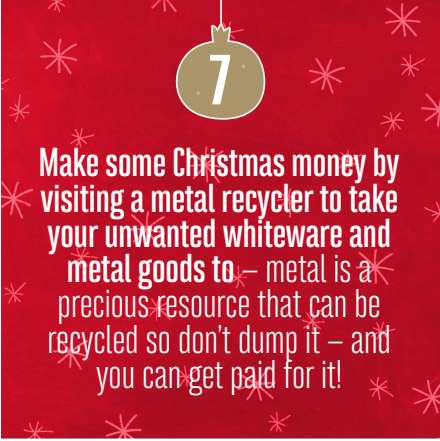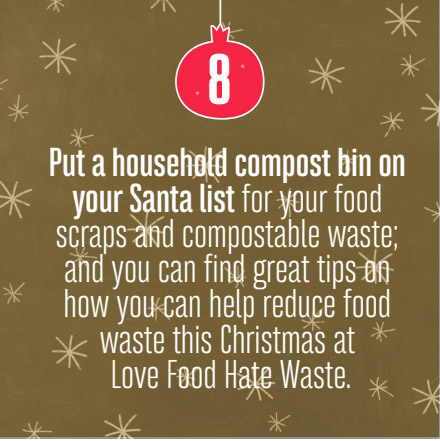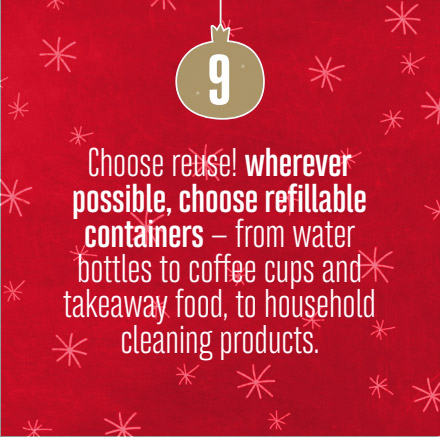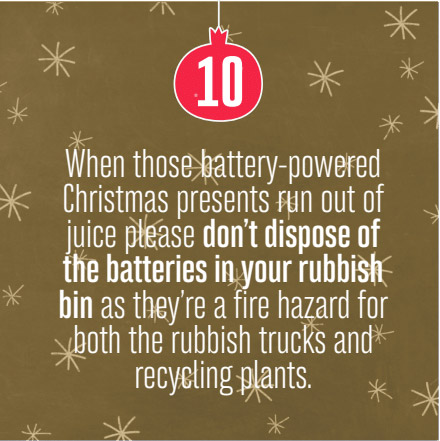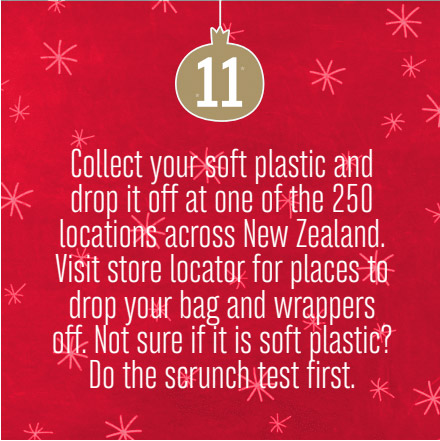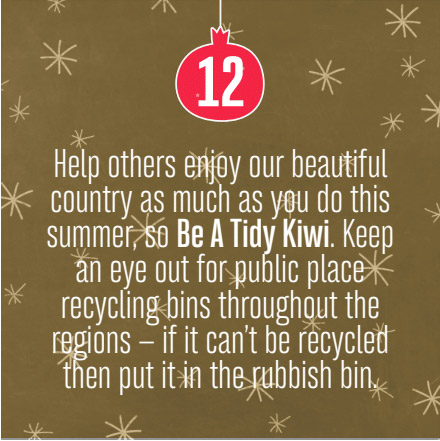Scheme aims to divert as many cartons as possible from landfill to be recycled into new products.
A new national recycling programme aimed at increasing the recycling rates for food and beverage cartons has been launched today.
Food and beverage cartons include the type of carton that UHT or plant-based milk, juice boxes, and stock come in.
The Food and Beverage Carton Recycling Scheme (FBCRS) aims to divert as many of the cartons from landfill as possible, to be recycled into new, low carbon* building products right here in New Zealand.
The Scheme is the latest voluntary product stewardship programme operated by The Packaging Forum to be launched. The FBCRS is 100 percent funded by its members, and provides sustainable, end of life solutions for food and beverage cartons.
Currently there are more than 65 drop off locations from as far north as Ngunguru and as far south as Invercargill. Drop off locations As the FBCRS grows, there will be more collection points added across the country.
The Packaging Forum CEO, Rob Langford, says the new scheme is another real example of how industry can voluntarily collaborate and succeed in its responsibility to deal with the end-of-life recovery for packaging.
FBCRS members pay for the collection and recycling of the food and beverage cartons by the Scheme’s processing partners.
“It is estimated that approximately 5,000 tonnes of cartons (otherwise known as liquid paperboard) end up in our landfills every year, so we have been working together with our members to create a scheme that has longevity and the capacity to grow – the more cartons we collect, the more packaging we will divert from landfill, and give it a second life as a completely new product.”
Rob adds that the Food and Beverage Carton Recycling Scheme was initially started off as a recycling programme led by a manufacturer that took a leadership position to recover materials and find an end-of-life solution for its packaging. However, there was a strong desire from the wider industry to collect as many cartons as possible, so it expanded from a manufacturer-led programme to a wider industry-led initiative.
Food and Beverage Carton Recycling Scheme Manager, Graham Burrell, says it’s exciting to get the expanded scheme underway.
“We are currently working with one processor in Hamilton, saveBOARD, that is turning cartons into affordable, sustainable, low carbon* building supplies,” says Graham.
“The cartons are firstly shredded and then heated in a press, and the finished product looks much like a sheet of plywood. There is no added glue or resins, nor water, used in the process. The boards are trimmed to width and length with all the waste going back into the process – so there is zero waste; and all of this is done here in Aotearoa New Zealand with 100% renewable electricity.
“It really is brilliant to see a real-world example of the circular economy in action. What started life as a UHT milk carton could end up as a sheet of building material; and, as processing and recycling technology continues to develop, who knows what next for that humble food and beverage carton,” says Graham.
“Ultimately, the Scheme is driven by a key simple purpose – no food and beverage carton should go to landfill.
“Over time, we will also welcome more recycling and processing partners, and we look forward to more organisations becoming Scheme members so we can continue to collect as much material as possible. We are also very keen to hear from more locations that are keen to become drop off points – we currently have cafes, community hubs and recycling centres all keen to help us in our quest to collect as many cartons as possible,” adds Graham.
The FBCRS can only accept food and beverage cartons; and cannot collect paper, plastic (any type), coffee cups, ice cream cartons, glass, or metal. Any of these materials will contaminate the collections and can damage the processing equipment.
To prepare the cartons for collection and recycling, each one needs to be empty, clean, and flattened, and caps can be left on. If the carton has a straw it will need to be removed first.
Kiwi consumers can visit https://fbcarton.recycling.kiwi.nz/ to find out where they can drop off their cartons, and more about the FBCRS itself. Or https://home.recycling.kiwi.nz/.
Inaugural members of the FBCRS include: Tetra Pak, Sanitarium, Fonterra, Lamipak, Foodstuffs, SIG Combibloc, Danone, Otis Oat Milk, Woolworths New Zealand, Frucor Suntory and Goodman Fielder.
Targeting food and beverage cartons is the next logistical step for increasing recycling rates in this country by The Packaging Forum which has real experience in delivering successful solutions to post consumer packaging materials in New Zealand, having operated several product stewardship schemes over many years, such as the Soft Plastic Recycling Scheme and the Glass Packaging Forum Scheme.
*https://www.saveboard.nz/

